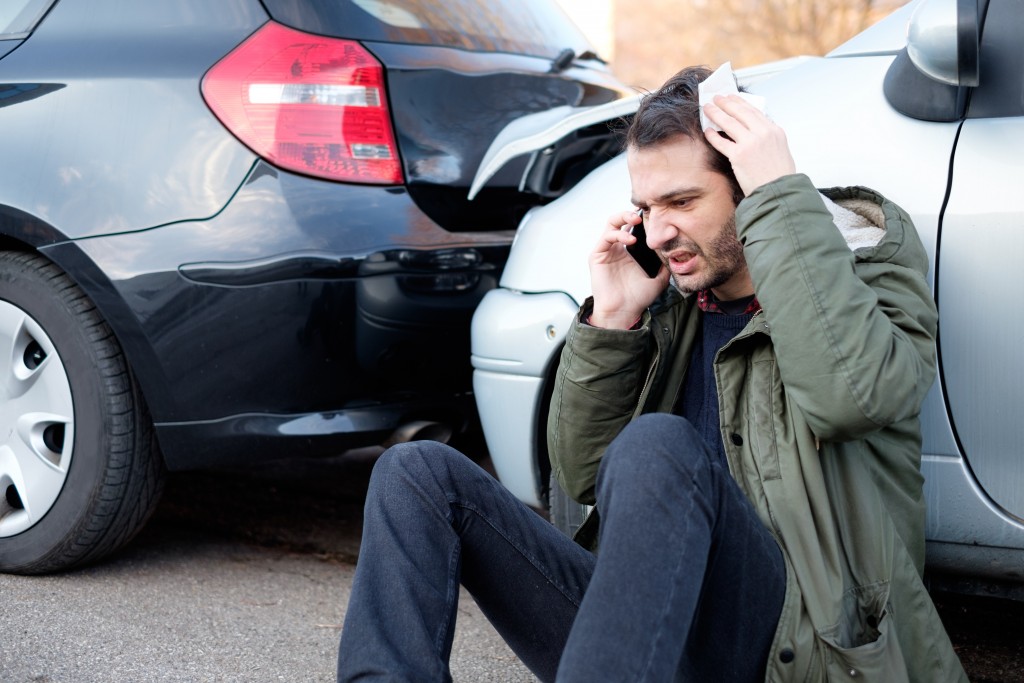Statistics show that about 60,000 motor vehicle crashes occurred in Utah in 2018. Unfortunately, many led to physical injuries due to collisions. If that fact isn’t saddening, the other party might have involved a teen or a minor.
Usually, the victim or their family members can sue the possible negligent individual for damages. They can approach a personal injury lawyer specializing in vehicle accidents. But what happens if the potential defendant is a minor?
The Legal Definition of Negligence
In any personal injury case, the most important question is whether the supposed defendant has been negligent. The elements are the same regardless of which state the parties are:
- Duty of care — First, it determines whether the parties have a relationship that makes the defendant obligated to show care toward the plaintiff. For example, drivers have the duty of care toward other drivers and pedestrians to ensure that they don’t cause accidents.
- Breach of Duty — A breach of duty happens when the defendant failed or did something that may be different from what another would do. Based on the example above, it could be the defendant deliberately avoided vehicle maintenance or drove without a license.
- Cause in Fact — Did the breach the actual cause of the injury?
- Proximate Cause — Also known as the legal cause, this implies that the injury sustained by the plaintiff is caused by the defendant’s actions and not by other circumstances. This is because the first action may not be the primary cause of an injury.
Based on these elements, personal injury lawyers can then decide whether there’s negligence involved. If the answer is yes, they have to determine the actual person responsible for it.
Who Should Be Responsible for the Actions of a Minor?
When minors caused accidents, though, determining the plaintiff becomes tricky. For one, personal injury cases are civil, not criminal, cases. The civil courts cannot try a juvenile or minor as an adult.
Second, both the lawyers and the court need to consider many factors. One of these is age. Is the child at the right age to know what carefulness is, and are they aware of the consequences of their actions if they become negligent?
The courts absolve kids 4 years old and below since they don’t have any knowledge or understanding about negligence or carefulness. But the majority of the minors involved in car crashes are way older than that.
This suggests that the plaintiff may sue the minor alone as the defendant. But to strengthen the case, the lawyer may also consider the role the parents play.
Mothers and fathers may be held liable if the minor drove their parents’ vehicle. It could be under the assumption that, if only the parent restricted the vehicle’s access, the accident wouldn’t have happened.
A plaintiff may also sue the parents or include them in the claim if the teen has an insurance policy under their parents’ name.

The Role of PIP
Note, though, that Utah has strict rules when it comes to auto insurance coverage. For example, before a teen can even get a learner’s permit at 16, their parents need to show proof that they are already covered with liability insurance.
In the state, the minimum requirements are $25,000 per person and $65,000 per accident for bodily injury liability. Further, Utah is a no-fault state, which means the insurance pays for medical expenses for bodily injuries regardless of who’s at fault during the collision.
For this reason, even teen drivers will need personal injury protection (PIP). The minimum amount for this is $3,000. If the plaintiff suffers injuries but the cost of the medical bill is $3,000 and below, they may not be able to file a personal injury lawsuit anymore.
But what if the minor’s parents don’t have auto insurance or the medical expense is more than $3,000? The Utah tort threshold may kick in.
Under the law, the aggrieved party may still sue for general damages like pain and suffering if they suffered from permanent disability or disfigurement, the medical expenses and long-term care will be over $3,000, or they experienced dismemberment because of the accident.
However, since the state also recognizes comparative negligence, the plaintiff must not be over 50% liable for their injuries.
The court may rule that should the parents and the minor don’t have any insurance to cover the claim, the teen can pay once they reach 18 years old and is now capable to earn income.

